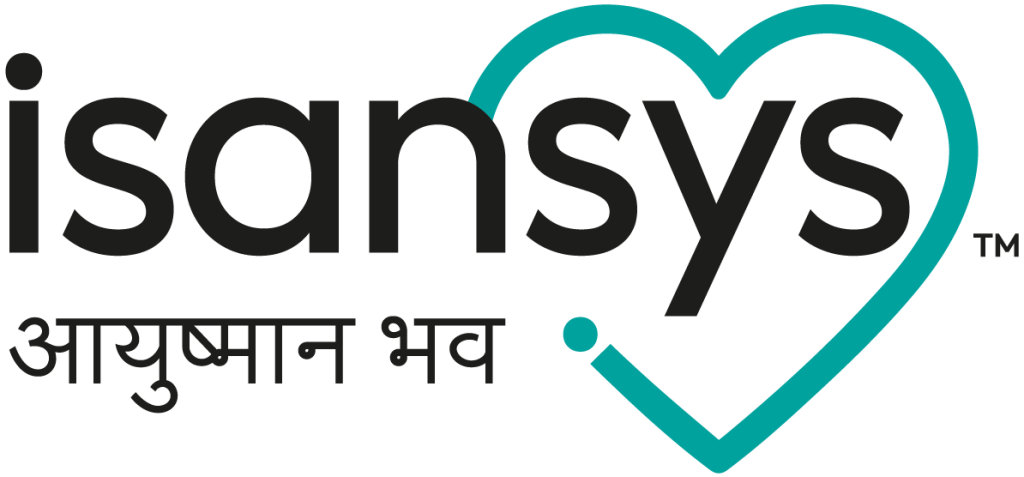Technology
Safe, secure and ready to deploy.
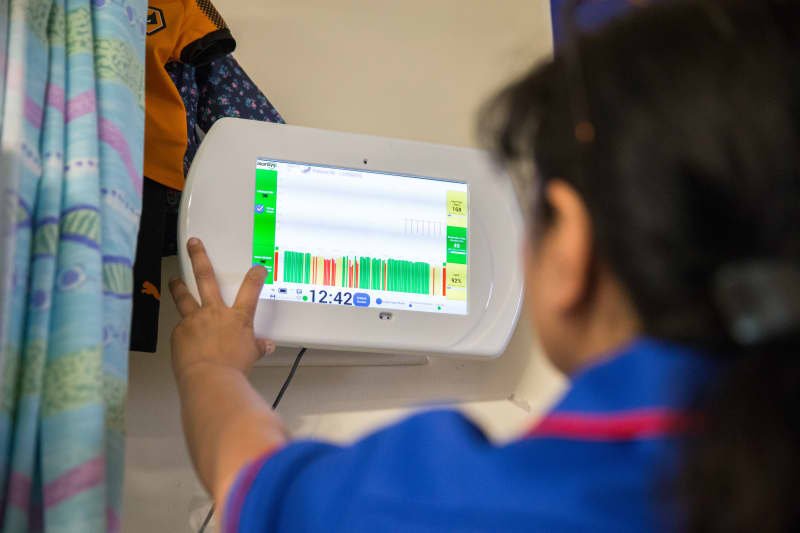
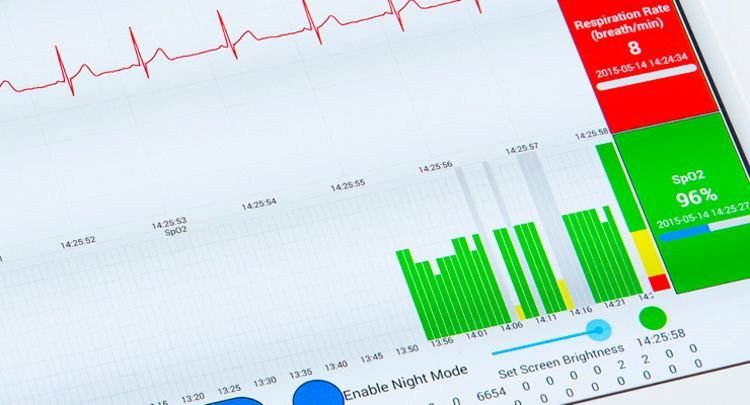
Reliable Data Connectivity
The Patient Status Engine is the only wireless patient monitoring system that includes the wireless connections as part of the regulated UKCA-mark, Class IIa CE-marked and Class II FDA-cleared end-to-end platform.
The Patient Status Engine (PSE) ensures secure and uninterrupted patient monitoring through integrated Bluetooth, Wi-Fi, and 3G/4G connectivity. With multi-layer redundancy and advanced system design, it eliminates data loss, protects integrity, and prioritizes reliability—supporting proactive care over reactive practices.
The Patient Status Engine (PSE) ensures secure and uninterrupted patient monitoring through integrated Bluetooth, Wi-Fi, and 3G/4G connectivity. With multi-layer redundancy and advanced system design, it eliminates data loss, protects integrity, and prioritizes reliability—supporting proactive care over reactive practices.
Core PSE Components
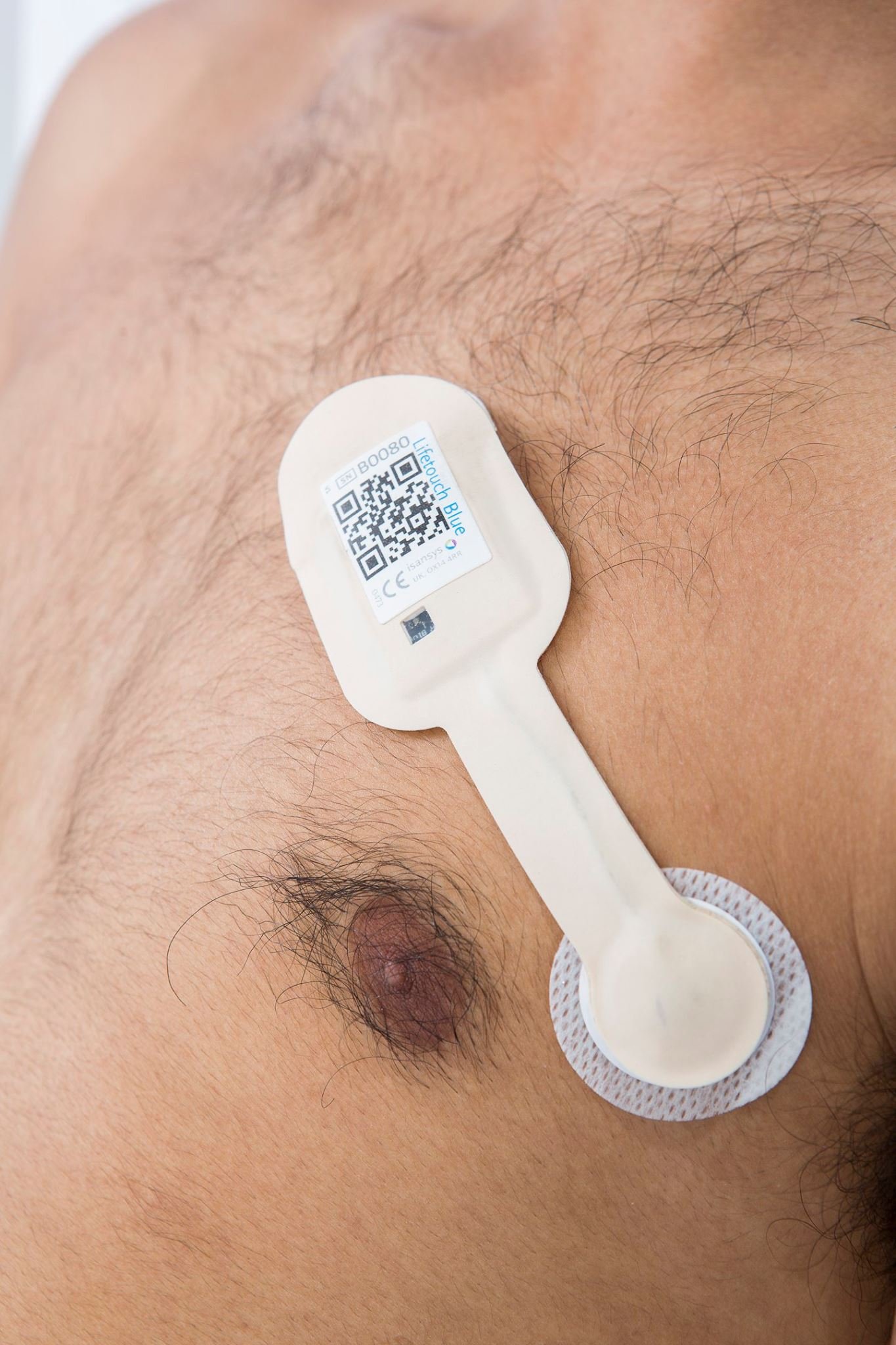
Lifetouch
The Lifetouch intelligent wearable biosensor is a validated and clinically proven wireless medical device that has already been used to collect over 150,000 hours of data from patients in acute care settings. It has been developed in association with diverse clinical teams, particularly nurses, to ensure ease of use, reliable operation and seamless integration into nursing work flows.
With its lightweight design and ultra-low power operation, this state-of-the-art technology continuously samples and analyses the ECG signal in the sensor itself to extract the parameters of clinical interest.
Supporting at least three days of continuous use, the Lifetouch generates the data from which heart rate, respiration rate, and HRV are calculated, while offering real-time ECG streaming functionality.
The device also includes a three-axis accelerometer to provide information on patient orientation, activity, and motion.
Lifetemp
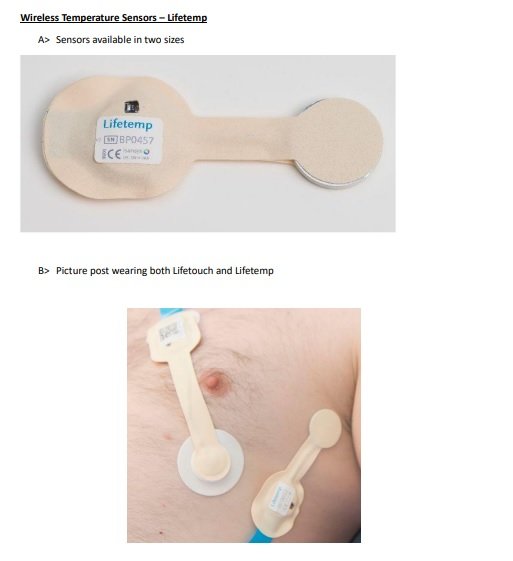
Advanced Monitoring Devices
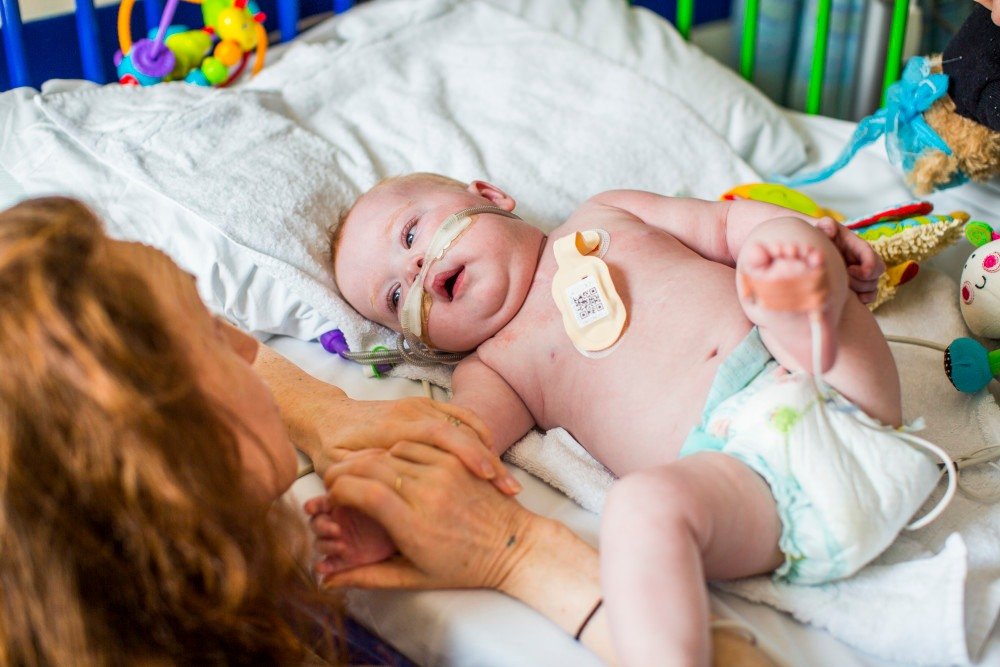
Paediatric Sensors
The paediatric sensors are smaller wireless smart patches, designed and manufactured by Isansys Lifecare. Available in a range of sizes for neonates, babies and children, they allow the young patients to move about freely, all the while being monitored as if they were in a high dependency hospital ward. The sensors enable clinicians and nurses to collect patient’s physiologic data including heart rate, pulse rate and respiratory rate and offer remote accessibility to the physiologic data through integration into the standard Patient Status Engine infrastructure.
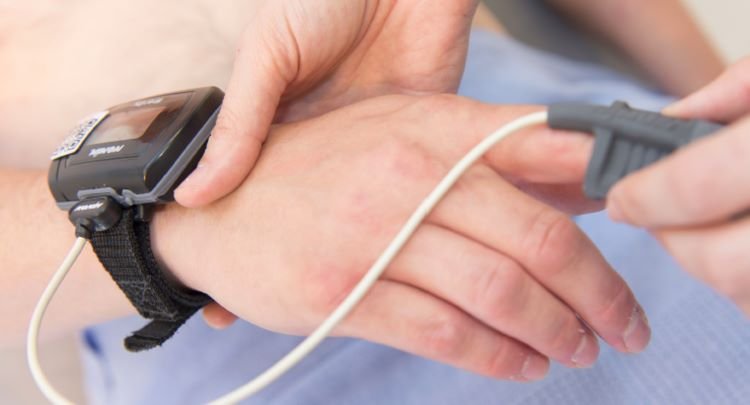
Wireless Pulse Oximeter
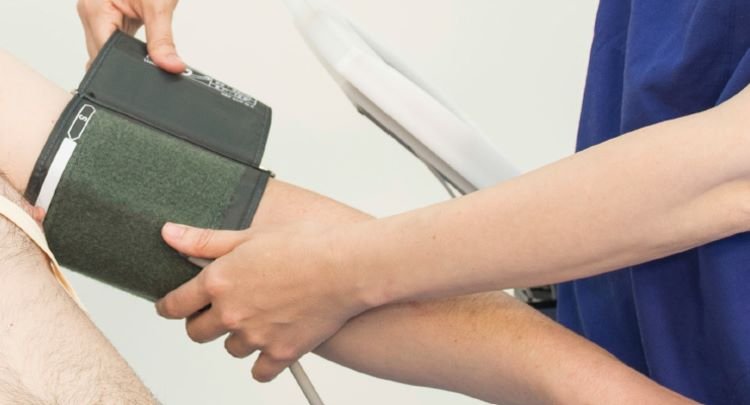
Wireless Blood Pressure Monitors
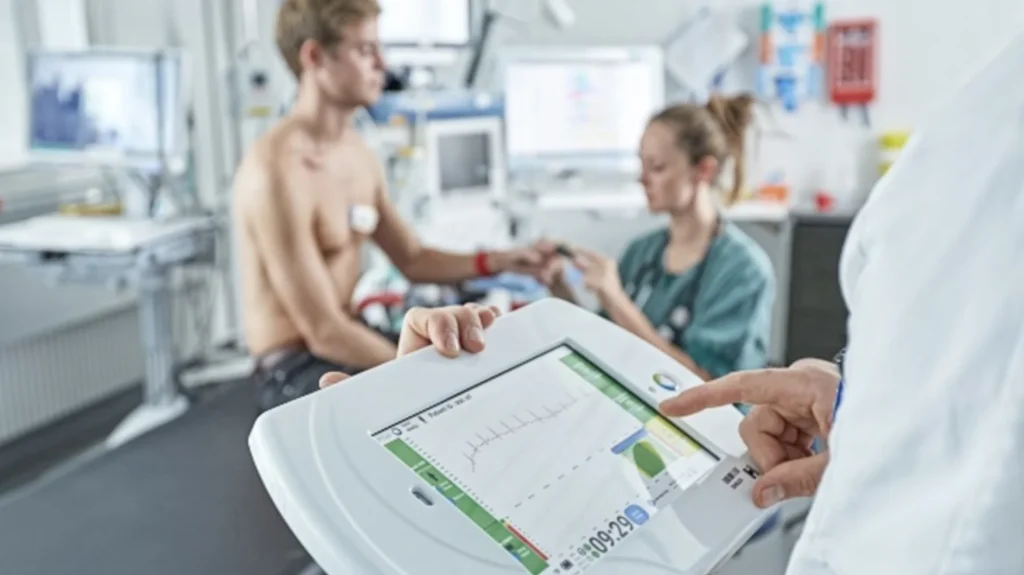
Clinical AI
Predict. Prevent. Protect.
The Patient Status Engine (PSE) continuously collects and processes real-time vital signs, giving healthcare providers an instant, accurate picture of a patient’s current condition while predicting their future health status. By generating, analyzing, and aggregating physiological data, the PSE serves as a powerful clinical decision support system—alerting clinicians the moment a patient’s vitals fall outside safe parameters.
More than just monitoring, the PSE’s intelligent, data-driven applications can predict complications hours in advance, allowing doctors and nurses to intervene early and prevent adverse events entirely. This proactive approach not only improves patient safety but also transforms care delivery into a smarter, more predictive model.
By shifting from reactive to proactive care, the PSE empowers healthcare teams to save lives, reduce ICU transfers, and ensure patients receive timely interventions—delivering better outcomes for patients and efficiency for hospitals.
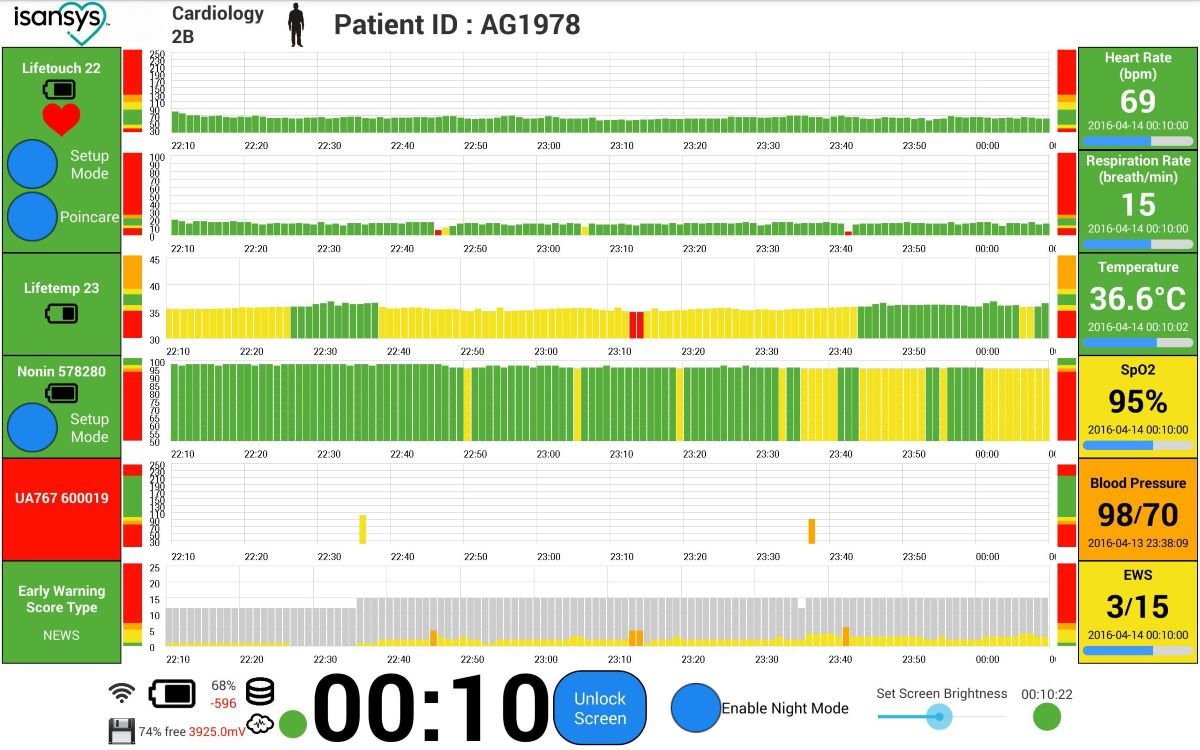
Automated Early Warnings
Early Warning Scores (EWS) like NEWS2, MEWS and PEWS are proven tools that have significantly reduced adverse events and preventable deaths in hospitals worldwide.
Yet, traditional EWS systems face limitations — they rely on sparse, retrospective data and require valuable nursing time for manual input, even when supported by electronic systems.
The Patient Status Engine (PSE) solves these challenges by fully automating data capture and scoring. With continuous real-time monitoring and trend analysis, it delivers richer insights, highly accurate Early Warning Scores, and instant visual dashboards, enabling faster, proactive interventions.
Expertise
“Smarter Care. Safer Patients. Turning Data into Life. Wireless innovation for better health."
